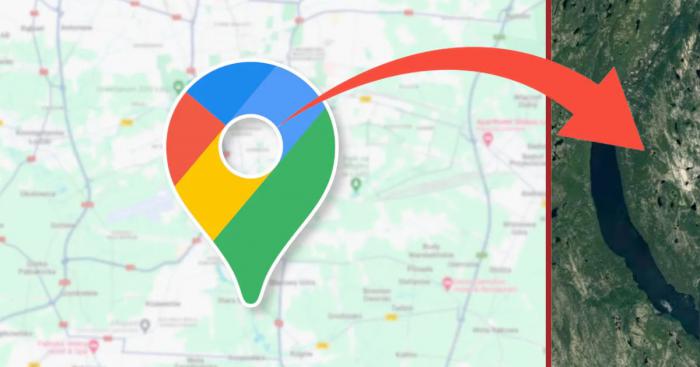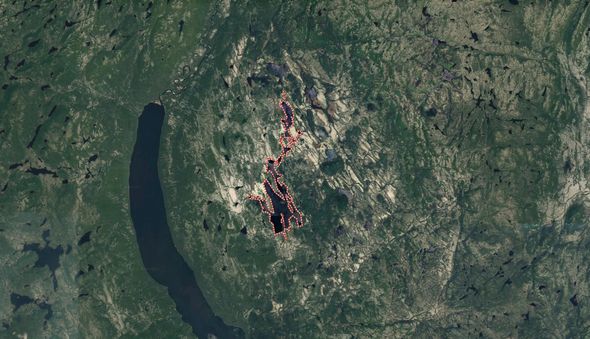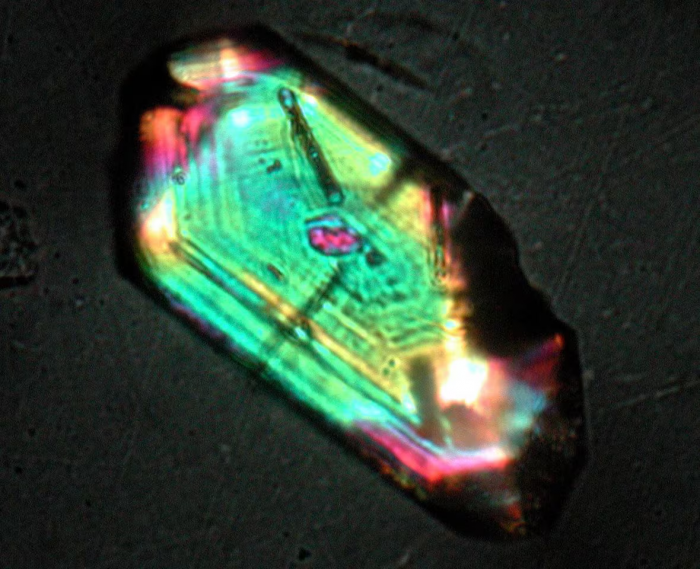Let anyone who has never spent a long time on Google Maps admiring the Earth from space throw the first stone! While this activity can be a waste of time, for this Canadian who was preparing his camping trip in a Quebec region, it was an opportunity to make a rather surprising discovery.

Google Maps, the theater of discoveries of all kinds
You can find anything and everything on Google Maps when you get lost there for hours. The proof is with these 36 crazy photos taken by the Google service. But sometimes, you can make surprising discoveries there. We remember that a few years ago, the application had helped solve the disappearance of a man 22 years later.
Today, a discovery from space has just been made by a Canadian who was browsing Google Maps in order to prepare a camping trip in the Côte-Nord region of Quebec. Thus, it was while viewing the area that Joël Lapointe noticed a rather strange shape. Indeed, this one seems to correspond to the impact of a giant meteor.

Diameter level, the circle identified around Lake Marsal, located about a hundred kilometers from the coast of the Gulf of St. Lawrence, is 15 kilometers. The Canadian also notices what appears to be a mountain range around the lake, 8 km away.
200% Deposit Bonus up to €3,000 180% First Deposit Bonus up to $20,000Intrigued, the man then calls on the knowledge of researchers and in particular asks for help from Pierre Rochette of the Environmental Geoscience Research Center based in Aix-en-Provence.
Meteorite impact discovered completely by chance
After studying the topography of the area and the samples collected on site, the scientist puts forward the idea that it could be the impact of a meteorite. Especially since he finds in the samples zircon, a mineral that forms during the impact of a meteorite. If we refer to the first estimates, this impact would be several million years old and would have occurred between the appearance and disappearance of the dinosaurs, namely between 450 and 38 million years ago.

It is worth noting that Canada is home to 31 of the 200 meteorite craters in the world. The country has experienced a lot of mining activity and thanks to Google Earth, it is easy to find circular or semi-circular structures in Canada. But as Gordon Osinski, professor of earth sciences at Western University, “nine times out of ten, they're not craters.” While we're not looking at “ironically proven” that there is a crater, the site is interesting enough that a team of French scientists is going to the site to try to find evidence that it is indeed a meteorite impact. If confirmed, Lac Marsal would be the 11th confirmed impact structure in Quebec.

